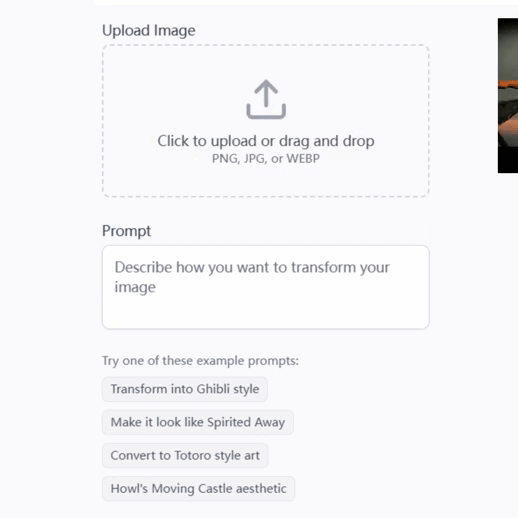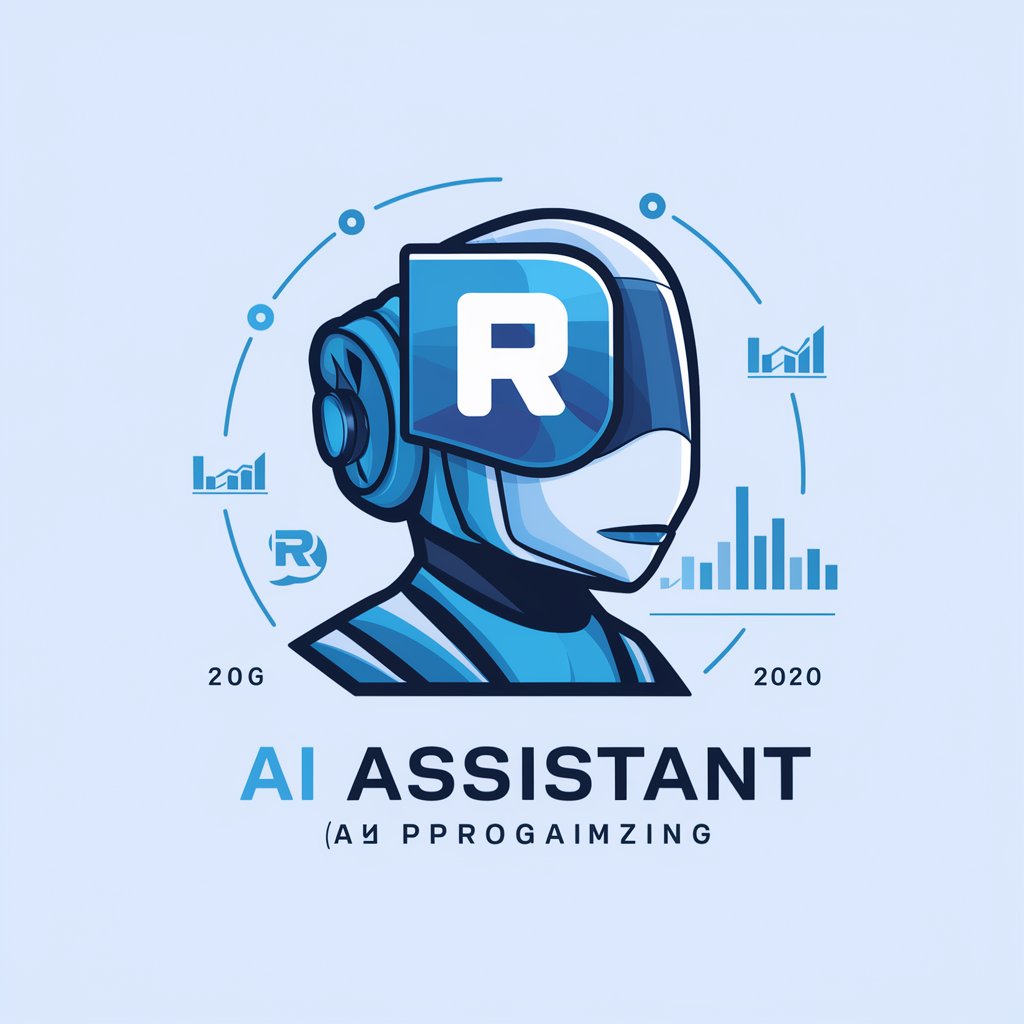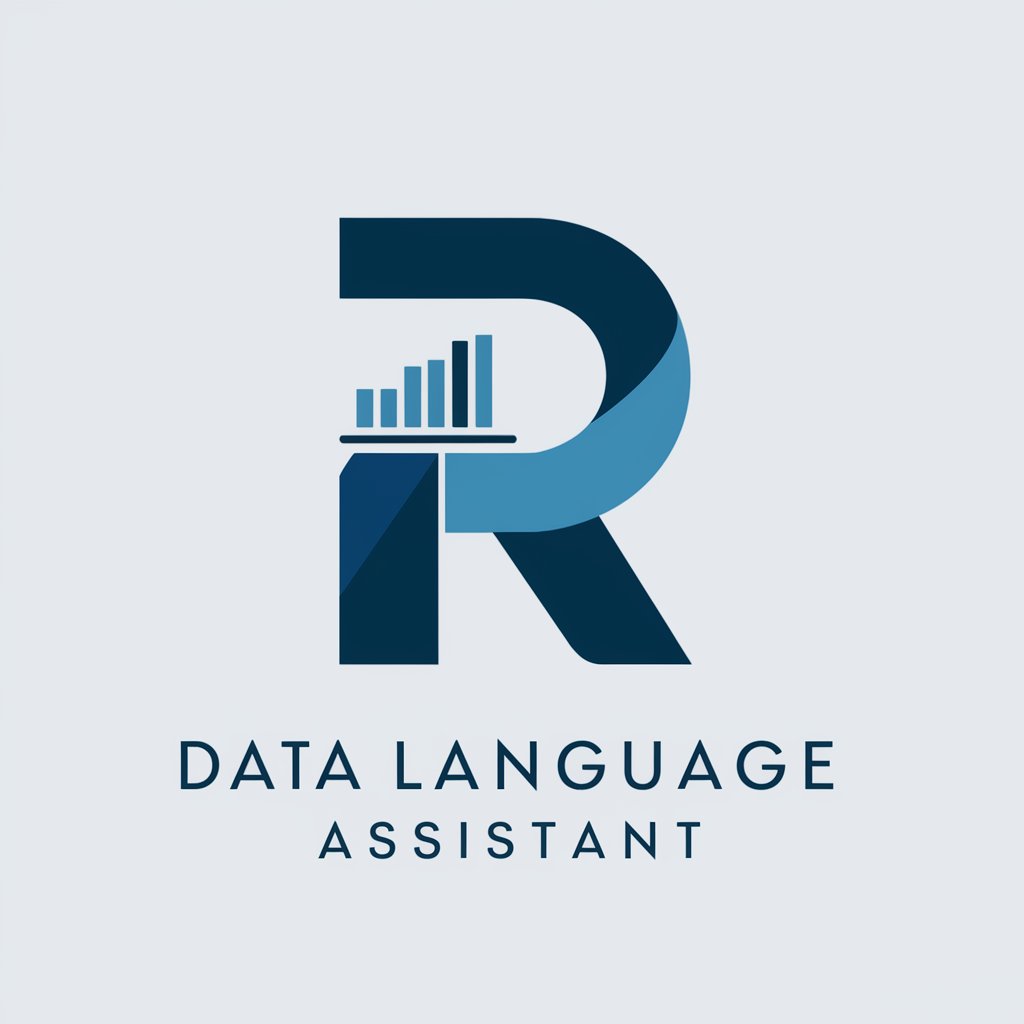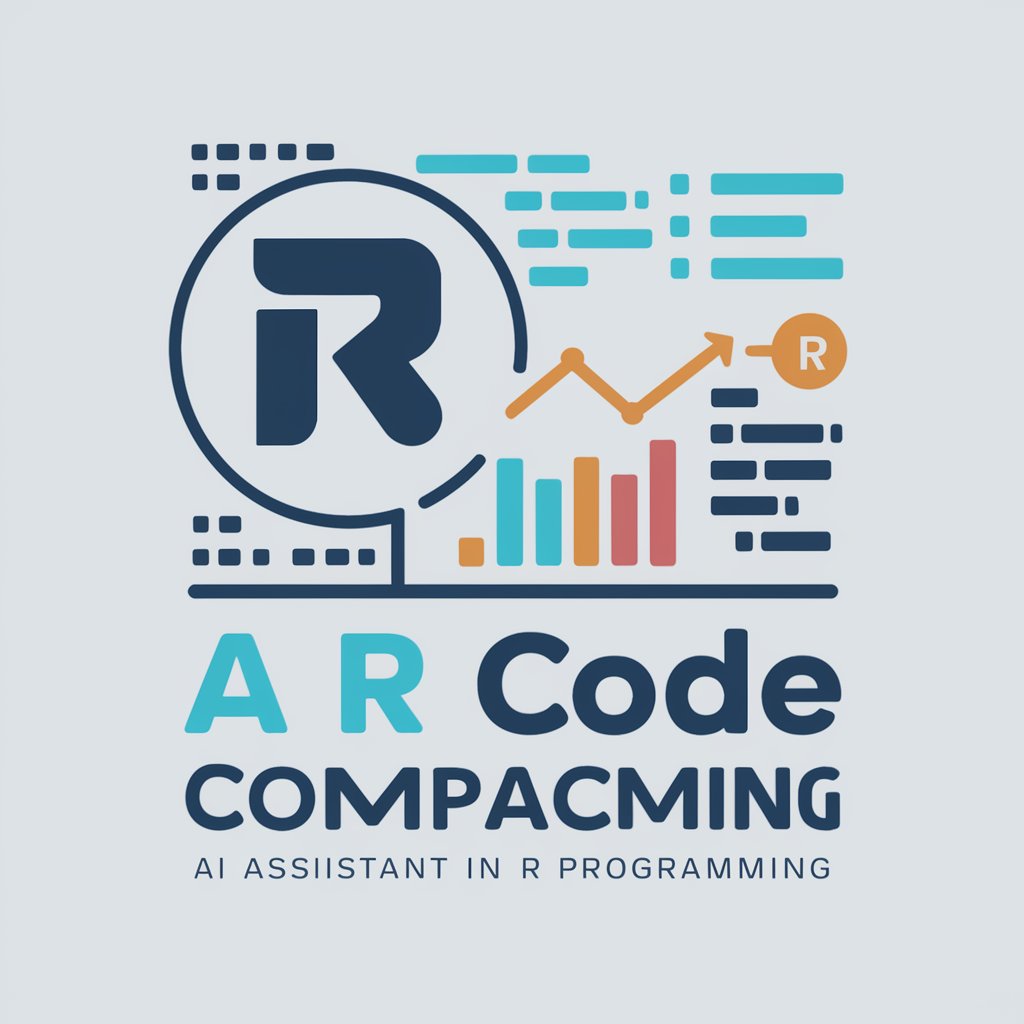
R - Powerful Automation Tool
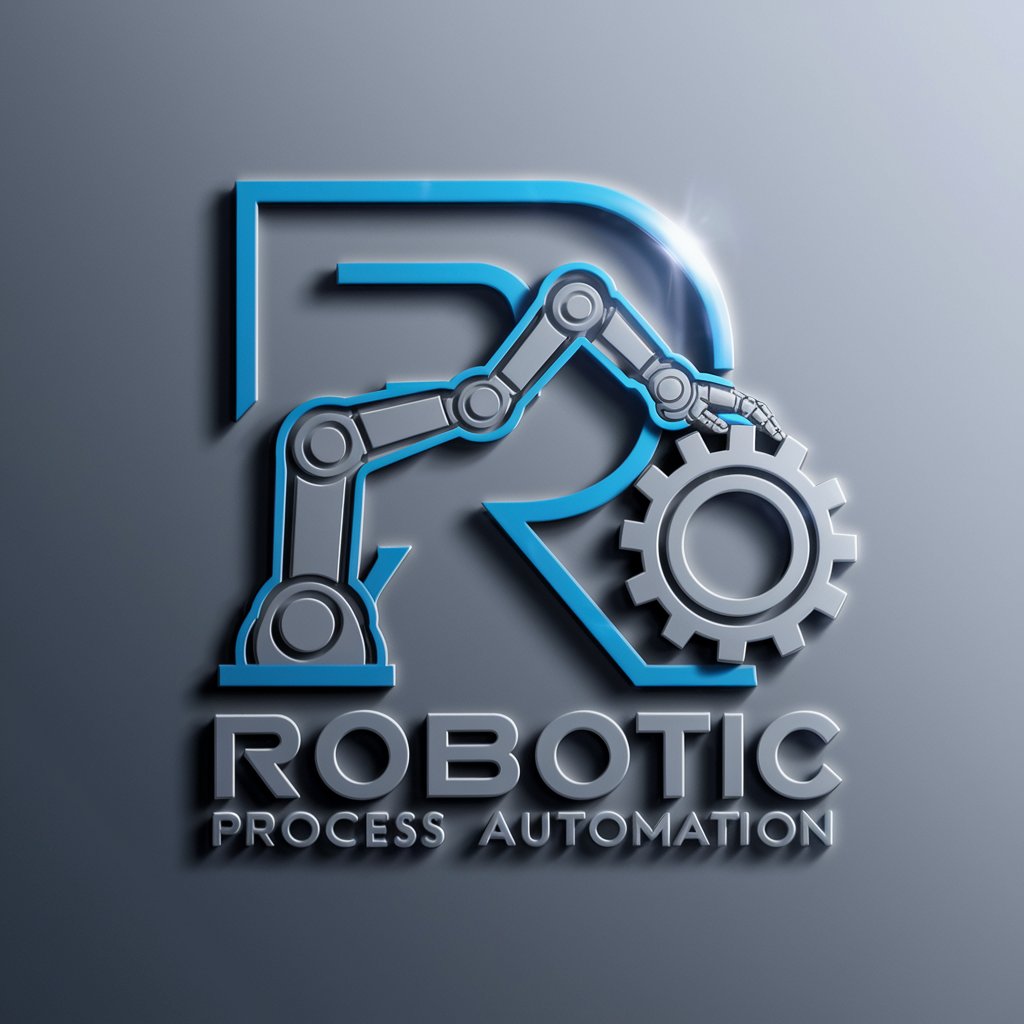
Hello! Ready to streamline your processes with automation?
Empower your business with AI-driven automation.
How can I automate the process of...
What are the best practices for implementing RPA in...
Can you help me design a workflow to automate...
What tools do you recommend for automating...
Get Embed Code
Overview of R
R is an AI designed to specialize in Robotic Process Automation (RPA), focusing on assisting users in automating repetitive business processes to enhance efficiency, reduce errors, and cut costs. Unlike standard chatbots, R is crafted with a clear purpose: to provide tailored automation solutions by understanding the unique needs and challenges of different tasks across various industries. This involves offering practical advice on implementing RPA in workflows, making automation accessible to users of all technical levels. For instance, R can guide a user in the finance sector on automating invoice processing, or support a customer service manager in setting up bots for handling routine inquiries. Powered by ChatGPT-4o。

Core Functions of R
Workflow Analysis & Optimization
Example
Analyzing the customer support ticketing process to identify bottlenecks and suggesting an automation strategy to auto-respond to common queries.
Scenario
In a customer service department, R can help map out the entire ticket handling process, identify repetitive tasks such as categorizing tickets and drafting standard responses, and suggest RPA solutions to automate these tasks, thus speeding up response times and reducing manual effort.
Process Automation Guidance
Example
Guiding a finance team through the automation of their monthly financial reporting process, from data collection to report generation.
Scenario
For a finance team spending considerable time compiling and formatting financial reports, R can outline steps to automate data aggregation from various sources and use RPA bots to format this data into pre-designed report templates, significantly reducing manual work and errors.
Best Practices & Tool Recommendations
Example
Recommending the most suitable RPA tools for automating inventory management in a manufacturing firm.
Scenario
In a manufacturing context, R can assess the specific needs of inventory management, such as tracking stock levels and reordering supplies, and then suggest appropriate RPA tools that integrate well with existing systems, ensuring seamless automation and real-time inventory updates.
Target User Groups for R
Business Analysts
Business analysts stand to benefit significantly from R's services as they often deal with complex data and process optimization tasks. R can assist them in identifying automation opportunities within business processes, thereby enhancing efficiency and strategic decision-making.
IT and Operations Managers
Managers in IT and operations roles are tasked with ensuring the smooth execution of business processes and IT systems. R can aid them in implementing RPA solutions that streamline operations, reduce costs, and free up team members to focus on more strategic tasks rather than repetitive work.
Small to Medium Business Owners
SMB owners, who often wear multiple hats and manage limited resources, can utilize R to automate key business functions like customer service, invoicing, and HR processes. This enables them to focus more on core business growth activities and less on routine tasks.

Getting Started with R
Initiate Your Journey
Begin by visiting yeschat.ai for a complimentary trial, offering immediate access without the need for login credentials or a ChatGPT Plus subscription.
Explore Tutorials
Navigate through available tutorials to familiarize yourself with the interface, features, and capabilities of R. This foundational knowledge is crucial for leveraging its full potential.
Identify Your Needs
Determine the specific processes or tasks you aim to automate. R supports a wide range of applications, from data analysis to customer service automation.
Experiment and Learn
Use the platform to create and test automation scripts. Start with simple tasks to gain confidence and gradually move to more complex processes.
Leverage Community Insights
Join the R community forums or groups to share experiences, seek advice, and discover best practices from other users.
Try other advanced and practical GPTs
Links Scrapper RSS News
Effortlessly extract RSS news links with AI

RSS Briefing Bot
Personalize News with AI-Powered Briefings
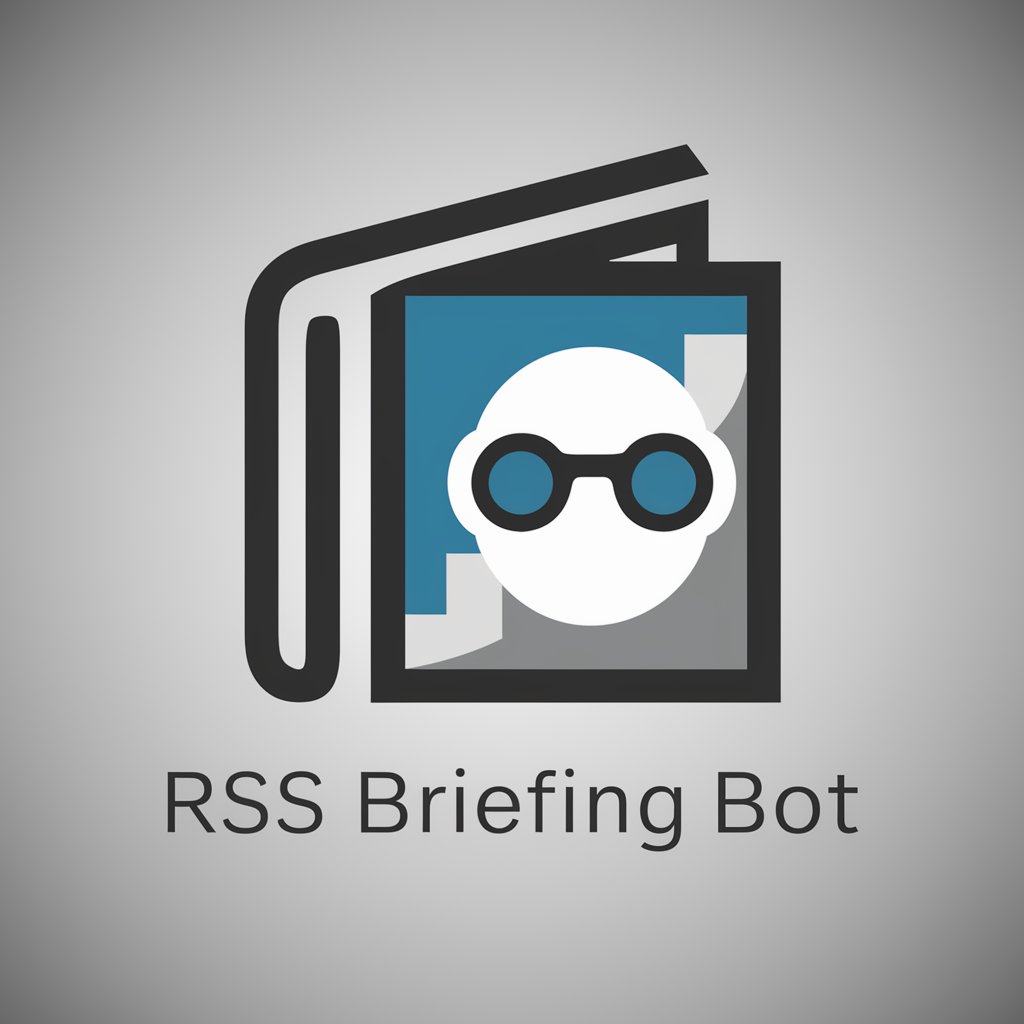
RSS Recommender
Discover Content That Matters, Powered by AI

RSS Feed Alchemist
Crafting Engaging Feeds with AI
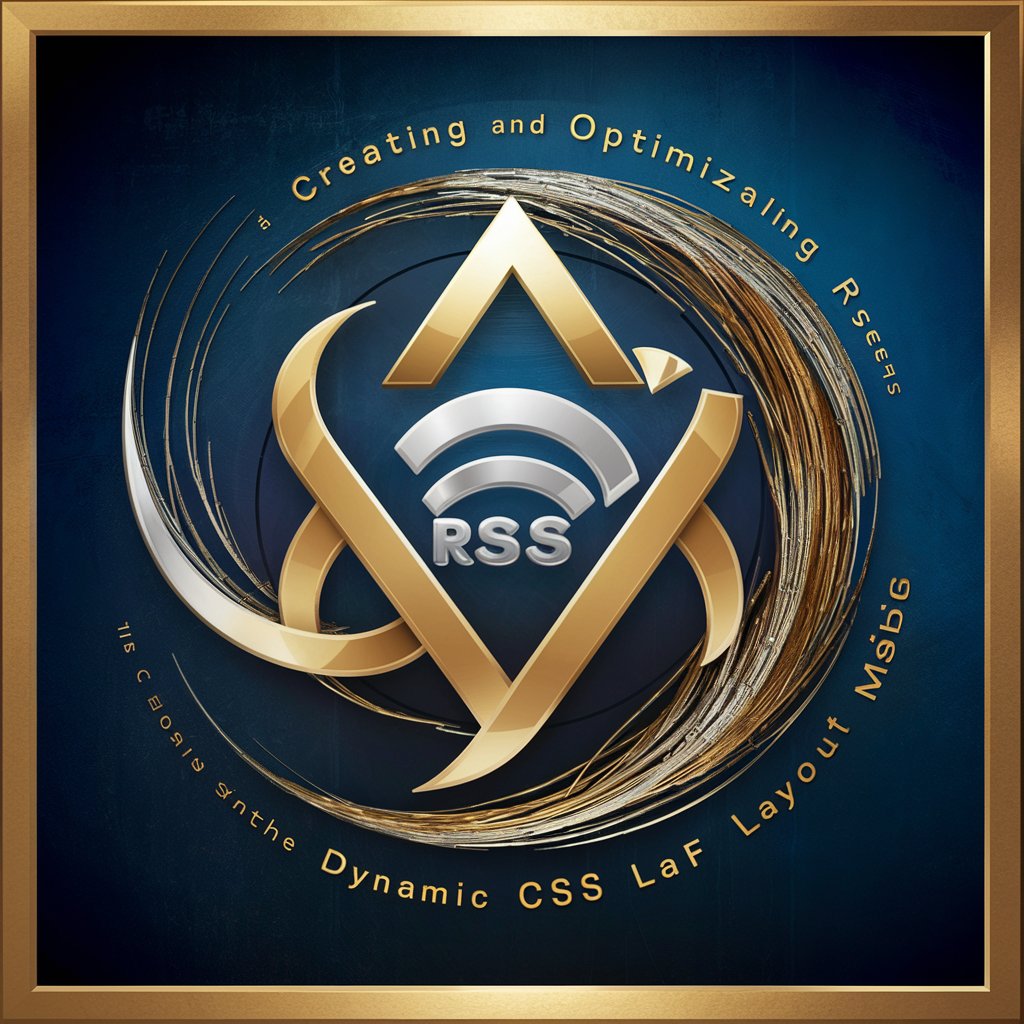
RSS链接生成专家
AI-driven RSS Feeds for Any Website
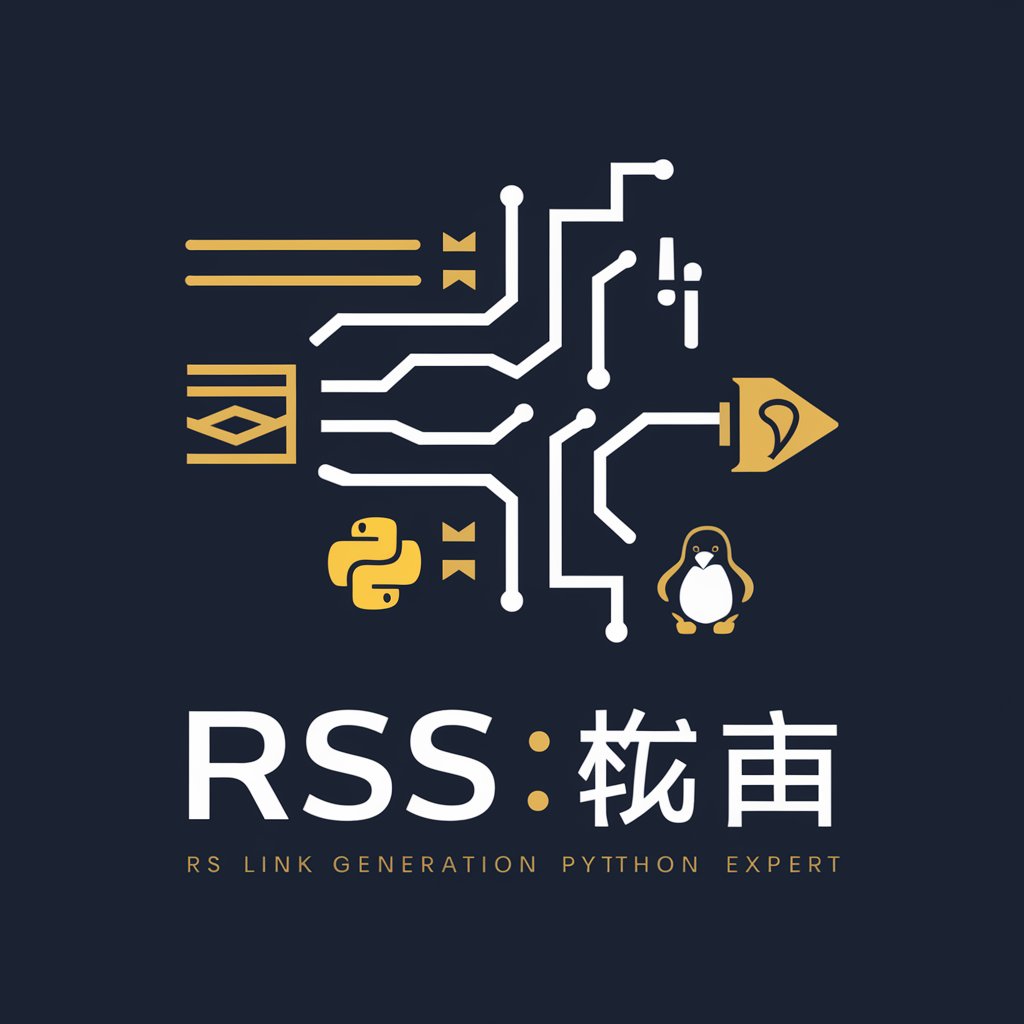
Bilingual Summarizer 【中文文档总结】
AI-powered, bilingual summarization tool

R-GPT
Empowering your R journey with AI
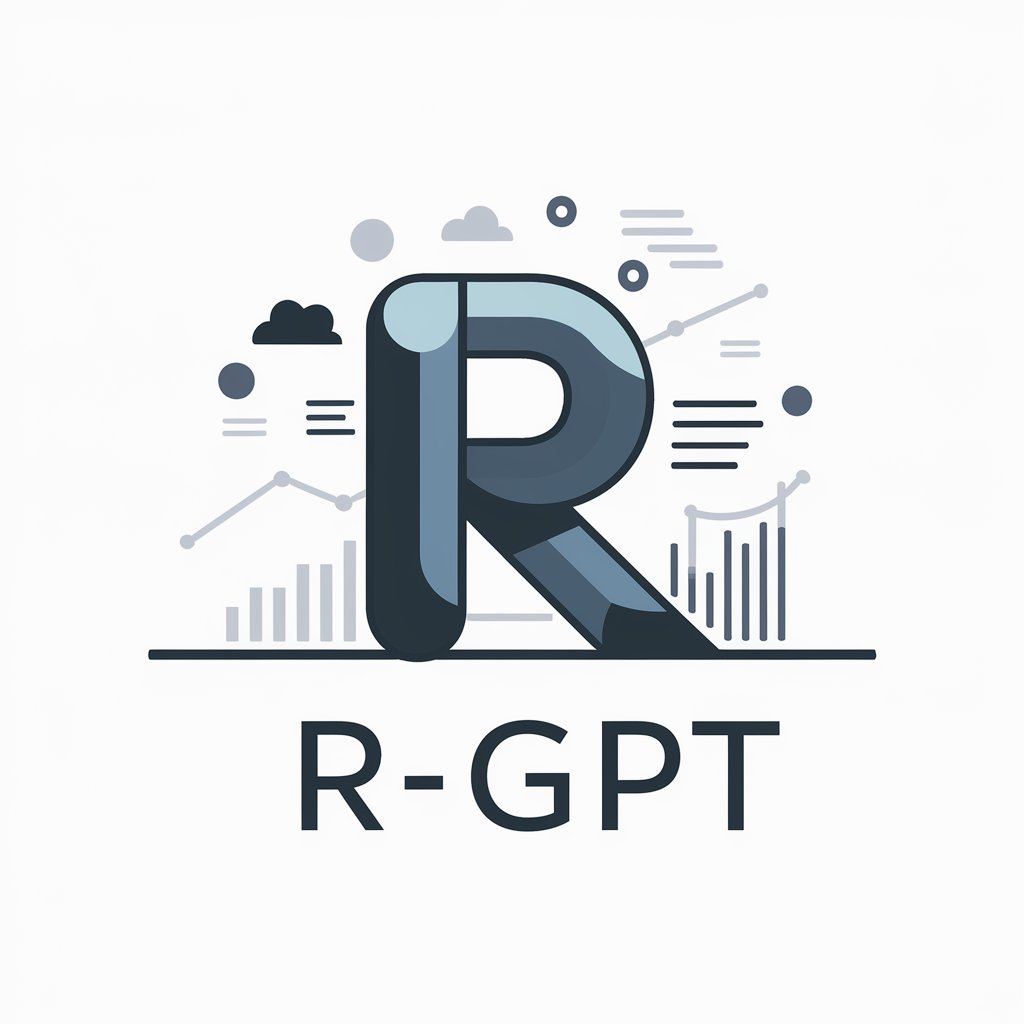
R Wizard
Empowering R Programming with AI
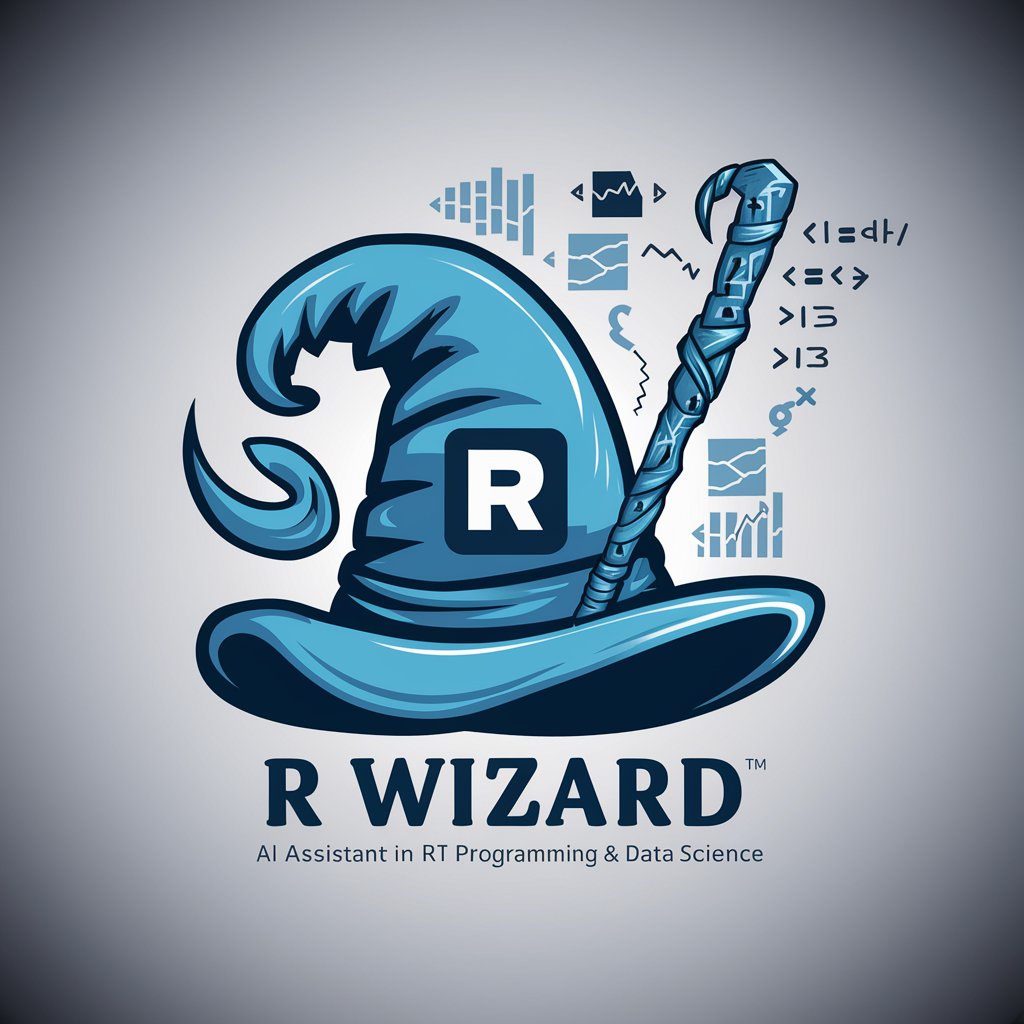
Why Bot
Deepen Thoughts with AI-Powered Inquiry
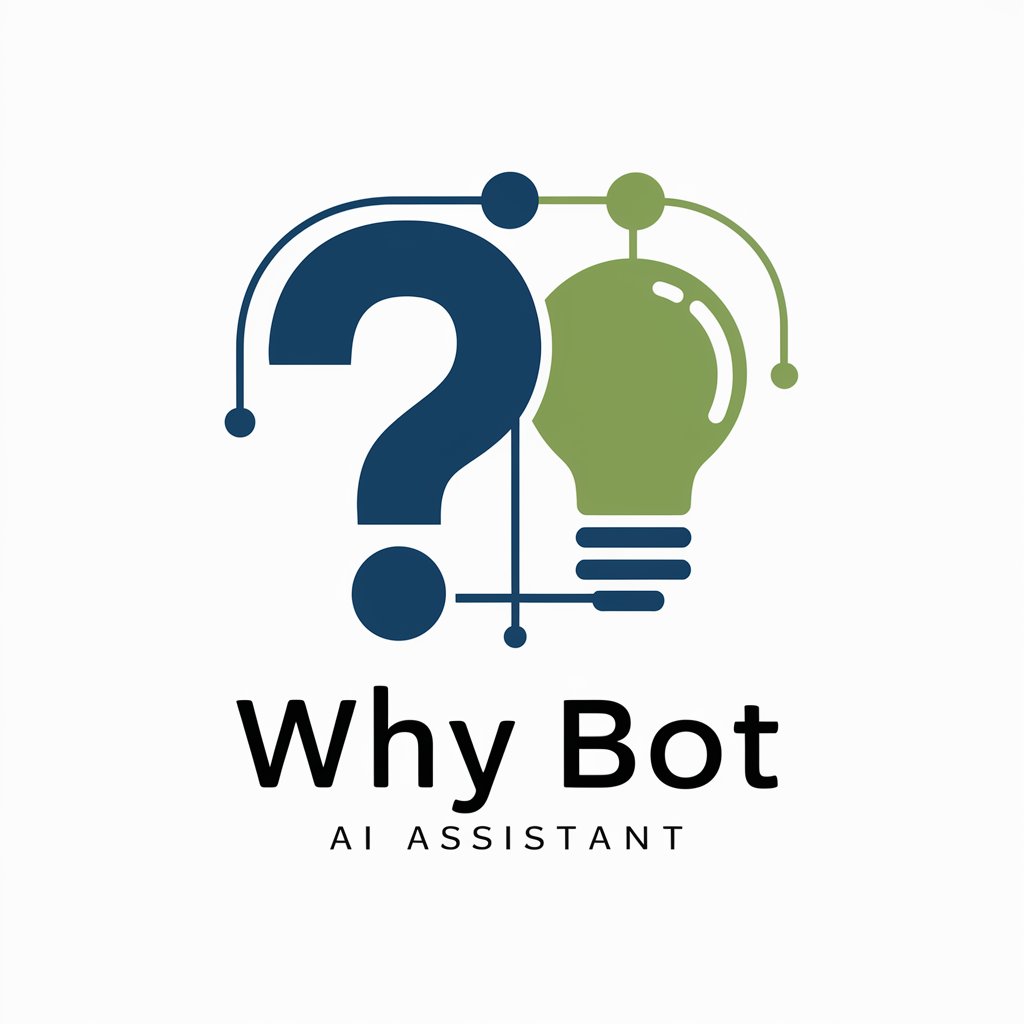
Connections Puzzle Assembly Bot Bot Bot
Crafting connections with AI-powered puzzles.
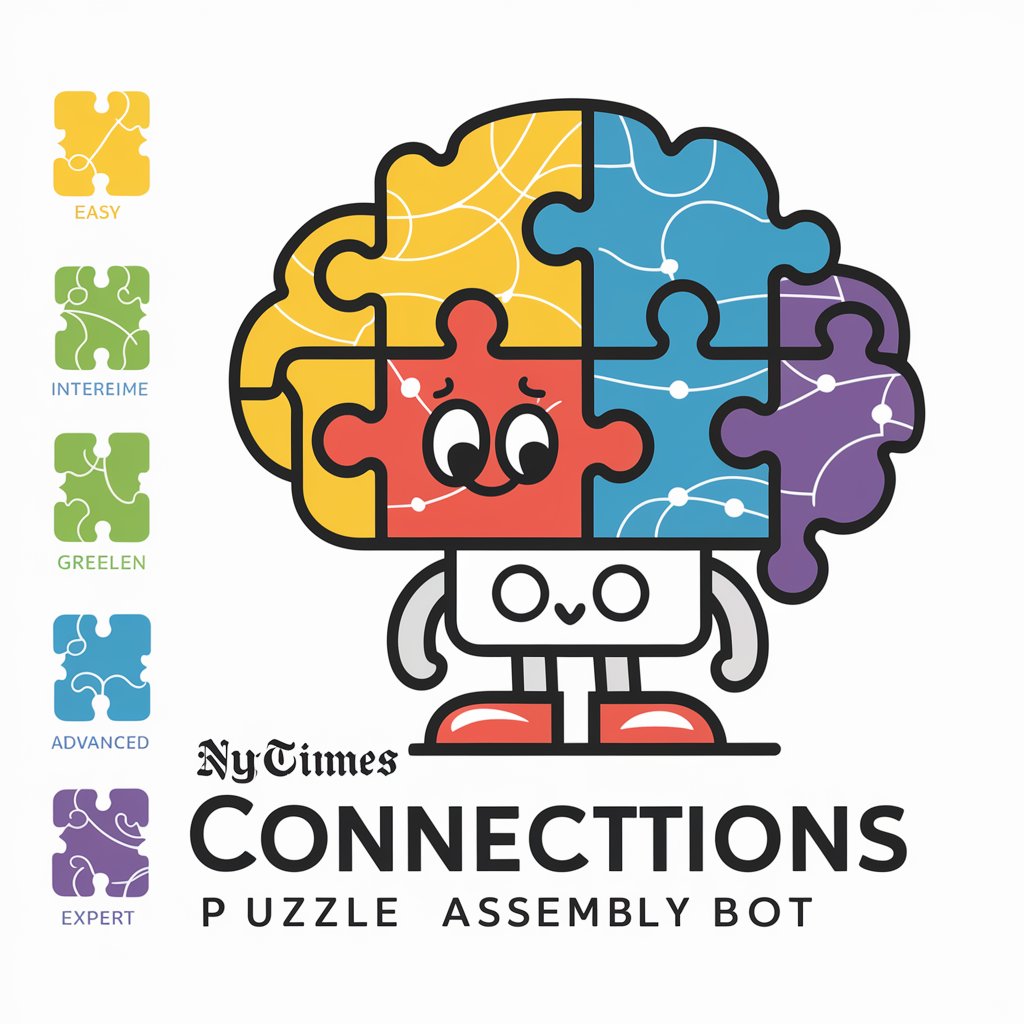
KUKA Bot Class
Empowering Robotics Learning with AI

Brief Bot
Direct answers powered by AI

Frequently Asked Questions about R
What is R primarily used for?
R is designed to assist users in automating repetitive business processes across various industries, such as finance, customer service, and manufacturing, enhancing efficiency and accuracy while reducing costs.
Can R integrate with other software?
Yes, R is built to seamlessly integrate with a wide array of software systems and platforms, enabling users to automate tasks across different applications without manual intervention.
Is programming knowledge required to use R?
While having basic programming knowledge can be beneficial, R is designed to be user-friendly, allowing individuals with minimal technical background to create and implement automation scripts effectively.
How does R ensure the security of automated processes?
R prioritizes security by offering robust encryption, user authentication, and access control features, ensuring that automated processes and sensitive data are protected against unauthorized access.
Can R be customized for specific business needs?
Absolutely. R offers customization capabilities, enabling users to tailor automation scripts and workflows to meet their unique business requirements and challenges, thereby maximizing efficiency and productivity.
